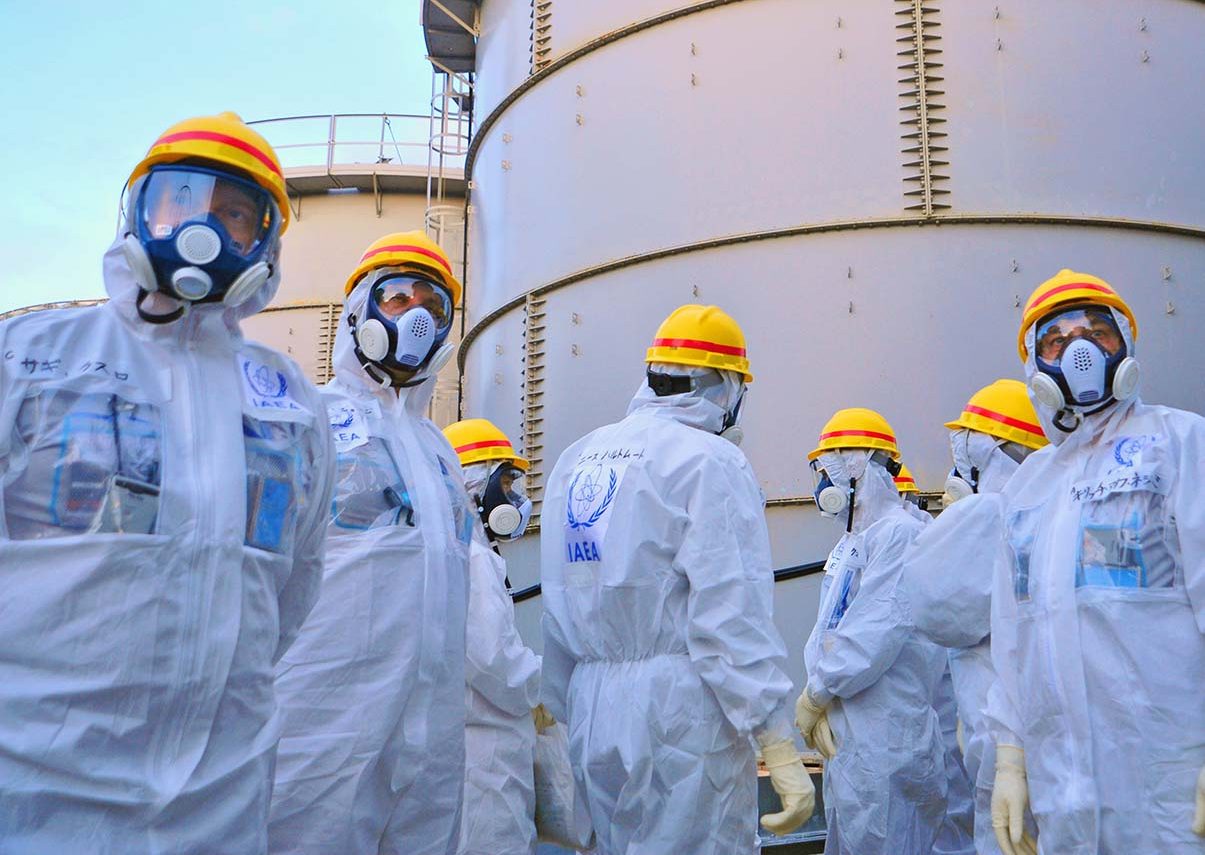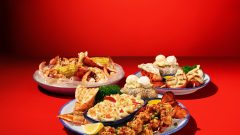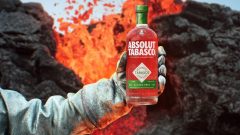China Bans Japan’s Seafood After Country Releases Fukushima Wastewater Into Pacific Ocean

A recent decision by Japan to release treated radioactive water from the Fukushima nuclear power plant wreckage into the Pacific Ocean has pushed China to ban all seafood imports from the country. The power plant was destroyed by a massive tsunami that devastated Japan in 2011.
According to Reuters, a statement released by China’s customs bureau said the country is “highly concerned about the rise of radioactive contamination brought by… Japan’s food and agricultural products.”
The plan to release the treated water was approved two years ago by the Japanese government, and last month, was also greenlit by the U.N. nuclear watchdog. In order to fully decommission the Fukushima Daiichi plant, the water must be released.
The operator of the plant, Tokyo Electric Power (Tepco), said that no abnormalities were discovered when they began releasing the water. Despite the report, China maintained its position against the release, saying that the Japanese government hadn’t shown proof of the water’s safeness. China’s foreign ministry said in a statement, “The Japanese side should not cause secondary harm to the local people and even the people of the world out of its own selfish interests.”

China’s response has received criticism from Tokyo, who say that their government is spreading “scientifically unfounded claims.” It says that the International Atomic Energy Agency (IAEA) has tested its safeness and came to the conclusion that any impact on the environment would be “negligible.” Japan is requesting that the ban on seafood products be lifted immediately and aims to have an honest discussion based on the scientific facts.
The Fukushima Daaichi plant’s first scheduled release of water totaled 7,800 cubic meters, which is the equivalent of nearly three Olympic swimming pools, and will take 17 days to complete. China isn’t the only point of opposition, though, as Japanese fishing groups are also opposing the plan. For years they’ve faced criticism over fears of seafood contaminated by radiation. Expressing the sentiment of the community, “All we want is to be able to continue fishing,” the head of the Japan Fisheries Co-operative said in a statement.
With mounting protests and pushback from China, it’s hard to forecast how long the ban on Japan’s seafood products will last and how this complicated situation will unfold.






















